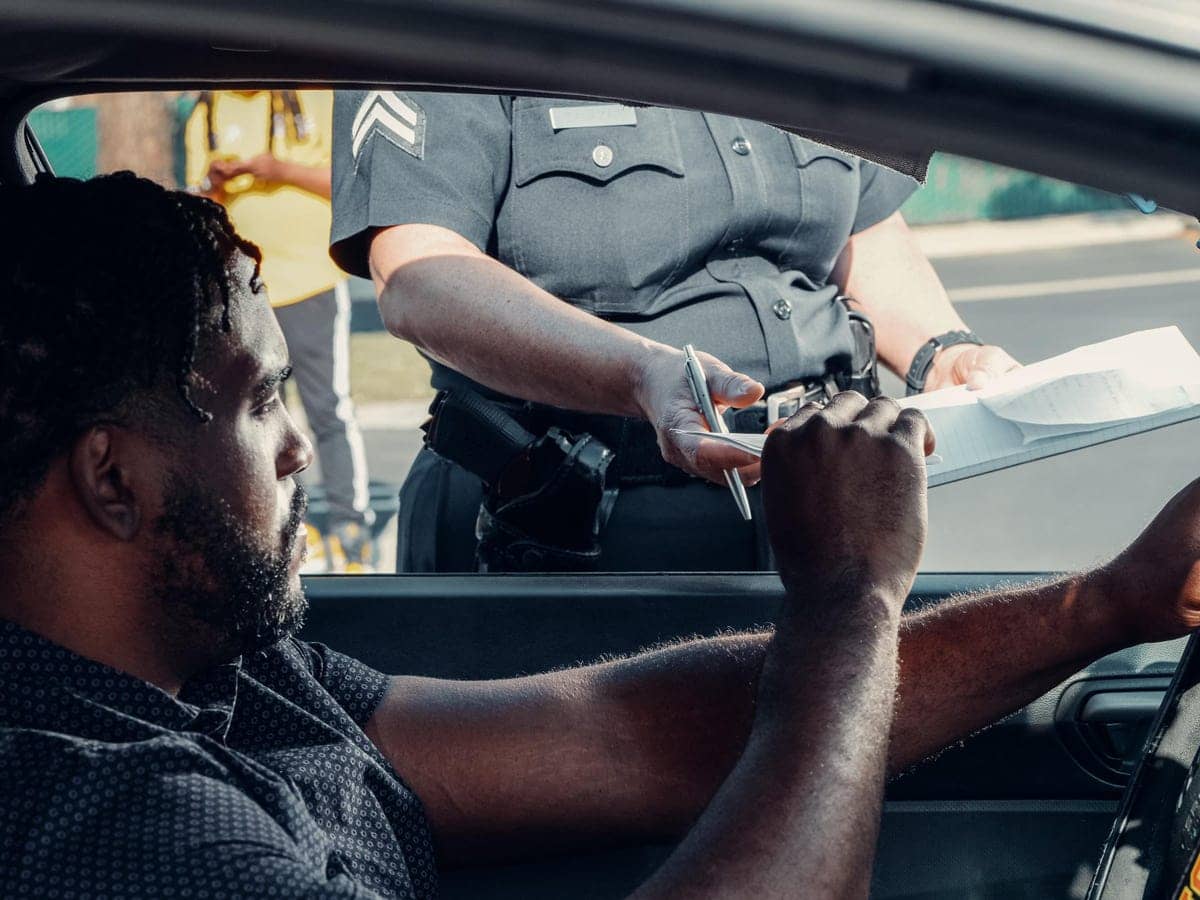
by Janice Bressler
In a debate-filled meeting that ran nearly six hours on the evening of Jan. 11, the San Francisco Police Commission passed a new policy that bans police from making “pretext” traffic stops for minor non-safety-related violations such as an expired registration tag. A pretext stop is when an officer stops a person for a low level violation, but uses the stop as an excuse to detain and search the person, looking for evidence of a more serious offense. Multiple studies, including a recent analysis of data by the San Francisco Chronicle, show that pretext stops disproportionately affect people of color.
District One Supervisor Connie Chan applauded the police commission’s vote, saying: “Limiting pretextual stops is integral to reducing racial disparities and biases in San Francisco policing. We have seen the data, showing that people of color are stopped and searched at a disparate rate in our city. We must take action to end this unjust practice without jeopardizing public safety. This policy aims to do just that. I thank the Police Commission for approving this policy and advancing racial equity in our Criminal Justice System.”
The final police commission vote was 4 to 2 with commissioners Max Carter-Oberstone, Cindy Elias, Kevin Benedicto and Jesus Yanez voting in favor. Carter-Oberstone said: “Right now it turns out these stops, which are not making anyone safer, are also disproportionately carried out against people of color. It’s unacceptable and they are simply not making anyone safer.” Commissioners Jim Byrne and Larry Yee voted against and Debra Walker was not present for the vote.
The newly passed policy, contained in San Francisco Police Department General Order 9.07, “Curtailing the Use of Pretext Stops,” prohibits nine types of pretextual traffic stops, including stops for registration tags not visible or expired less than one year ago, rear license plate not illuminated, and objects affixed to windows or hanging from the rearview mirror. The full text of the new policy can be found here: DGO 9.07 Curtailing Pretext Stops.
The Coalition to End Biased Stops, a broad alliance of Bay Area groups that includes the ACLU of Northern California, GLIDE Memorial Church, the San Francisco Public Defender’s Office and the San Francisco Bicycle Coalition, has been working for many months to win passage of this new limitation on pretext stops.
Miguel Bustos, senior director for the Center for Social Justice at GLIDE said after the passage of the General Order: “With this vote, the San Francisco Police Commission has finally recognized the inefficiency of pretext stops and the disparate harms they inflict.
“San Francisco’s communities of color deserve to be free from unjustifiable police scrutiny, and this DGO [Department General Order] represents an important step to align the police department with best practices that have already been successfully implemented in other jurisdictions across the country. Our support for this policy change is deeply rooted in our own community histories of being targeted by police stops, and fighting against the pain and humiliation of these experiences.”
With the adoption of this new limitation on pretext stops, San Francisco joins other cities, including Los Angeles, Oakland and Berkeley, which have similar measures in place. In the California state legislature, a bill was recently introduced that would create a broad ban on pretextual stops statewide.
In the past month, California’s Racial and Identity Profiling Advisory Board (RIPA) concluded in its annual report that pretextual stops are both ineffective and costly as a policing strategy.
Janice Bressler is an attorney, activist and writer living in the Outer Richmond District in San Francisco.





